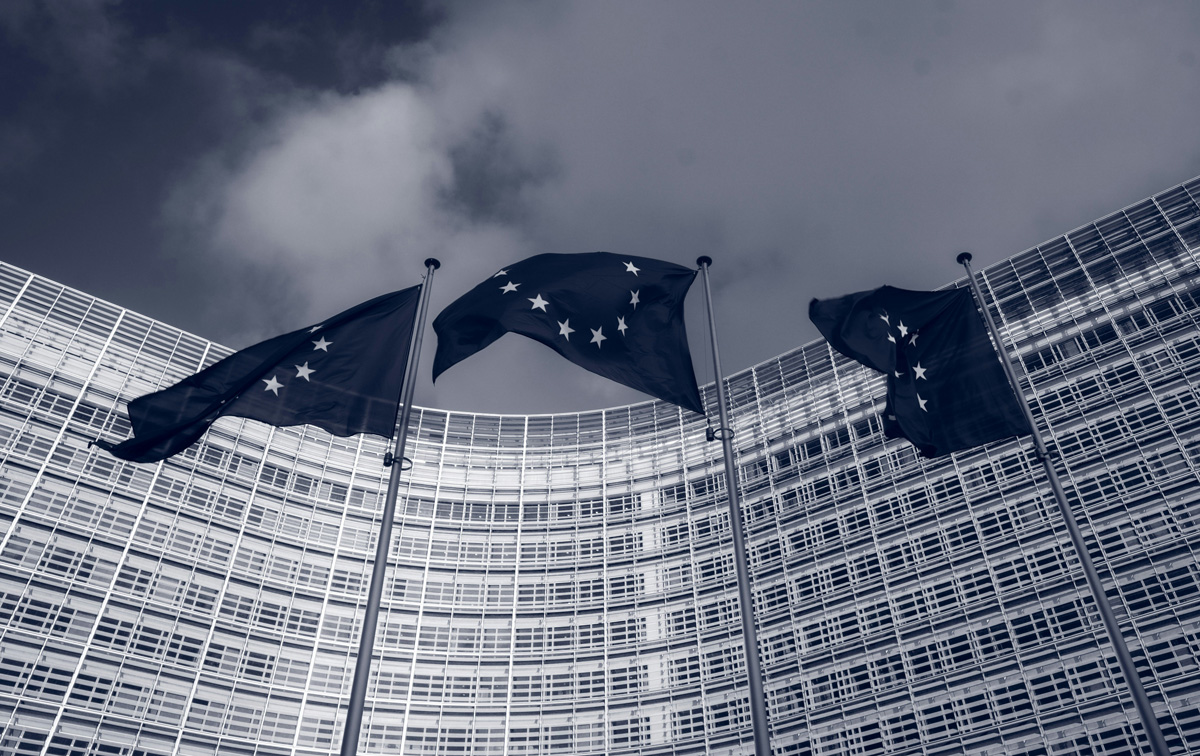In the ever-evolving landscape of international trade, exporters face a complex array of regulations and requirements, particularly when dealing with major markets like the European Union and the United Kingdom. A recent development that has drawn significant attention is the mandatory appointment of EU and UK agents for certain export activities. This requirement not only impacts the operational strategies of businesses but also presents both challenges and opportunities for those looking to expand their footprint in these lucrative markets. This article delves into the reasons behind this mandate, its implications, and the considerations exporters must make when selecting an agent.
The roots of this requirement stem from regulatory frameworks designed to ensure compliance with local laws, facilitate better oversight, and streamline the process of

market entry for foreign products. The EU and UK markets, known for their stringent standards and regulations, aim to protect consumer interests while maintaining a level playing field for all competitors. For exporters, the need to appoint an authorized agent serves as a critical gateway to navigating these waters successfully.
One of the primary drivers for this mandate is the consolidation of responsibility. By appointing an EU or UK agent, exporters can benefit from local expertise in navigating the intricate web of regulations, including product safety, labeling, and environmental standards. These agents act as the intermediary between the exporter and the local authorities, ensuring that all necessary documentation is in order and that products comply with local laws. This not only reduces the risk of legal repercussions but also expedites the clearance process, enabling quicker access to these markets.
The role of an agent extends beyond mere compliance. They can offer valuable insights into market trends, consumer preferences, and competitive dynamics within their region. This strategic advantage is particularly crucial for companies looking to tailor their offerings to suit the unique demands of the EU and UK markets. Furthermore, an agent can assist in establishing relationships with local distributors, retailers, and even facilitate participation in trade shows and other industry events, thus enhancing the visibility and success of the exporter’s products.
However, the selection of an appropriate agent requires careful consideration. Factors such as the agent's reputation, industry experience, resource capabilities, and network strength must be evaluated meticulously. It is essential for exporters to choose an agent who not only understands the technical aspects of the products they intend to sell but also possesses strong connections within the industry and a proven track record in representing foreign entities.
Financial considerations also play a vital role. Appointing an agent may involve additional costs, including service fees, which must be factored into the overall budget and pricing strategy. However, the potential return on investment, in terms of smoother market entry, reduced compliance risks, and increased market share, often justifies these expenses.
In conclusion, the mandate to appoint EU and UK agents for export activities represents a significant shift in the global trade dynamics. While it introduces new complexities for exporters, it also underscores the importance of local expertise and compliance in today’s interconnected economy. As businesses adapt to these requirements, the selection and collaboration with the right agent will become a key determinant in their success within these critical markets. Exporters who recognize this opportunity to strengthen their operational framework and market presence through strategic partnerships will undoubtedly find themselves at an advantage in the global arena.
Post time: Aug-23-2024



